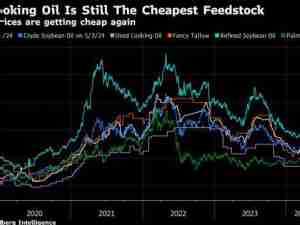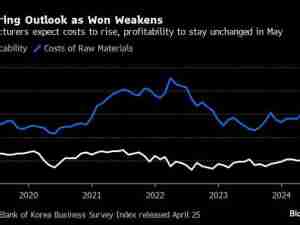Carrying a Chevrolet badge, Sail is the first model jointly developed from scratch by GM and its long-time Chinese partner SAIC Motor Corp.
The initiative marks the growing importance of China, which GM hopes will provide a cost-effective platform from where it can gain entry to other developing markets such as Chile, where demand for quality, affordable small cars are strong.
Analysts say early signs of success for the Sail will only encourage other car manufacturers to develop products in China and then use the country as a base for exporting elsewhere.
"We are at the starting point of a development. Sail is just the beginning," says Klaus Paur, managing director of Greater China at Synovate Motoresearch, an industry consultancy in Shanghai.
"I am pretty sure you will see other car models developed in China and exported to other markets in the coming years, both by GM and other automakers."
For more than a decade, the likes of Volkswagen AG , Europe's largest carmaker, and Toyota Motor the world's No.1 automaker, have been focused on carving a bigger share of China's ever-growing market with home-developed but made-in-China models. With the exception of Japan's Honda Motor , which makes the Jazz compact car exclusively for the European markets at a small facility in southern China, exports from China have been sporadic and in small volume. GM's Sail, however, represents a change in that strategy.
It became an instant hit upon its debut in January 2010. Sales topped 125,600 units last year, equivalent to 12 percent of the total China car sales for GM, whose local offerings also include Buick and Caddillac models.
The model, priced as low as $8,640 in China, targets lower-end buyers.
In the first 10 months of 2010, GM shipped 5,000 units of the Sail, made at its flag-ship Shanghai venture, to South America, mostly to Chile.
The annual tally could easily jump fourfold in 2011, said Terry Johnsson, GM's Vice President in charge of vehicle sales, service and marketing in Shanghai, adding: "This is just the start".
Trend Setter
China is transforming, albeit gradually, from a manufacturer of cheap goods to an innovator of proprietary technologies.
The trend extends beyond autos -- Coca-Cola's Minute Maid Pulpy drink developed in China, is now sold in 18 markets, joining a lineup of 13 other brands, including Diet Coke, that have achieved sales of at least $1 billion.
Analysts expect more automakers to use China as an export base to other countries after developing vehicles there.
"China would still be a big market, no doubt about that," said Jenny Gu, a Shanghai-based analyst with J.D. Power and Associates. "But it also has a chance to be a global hub for small cars and a platform for foreign automakers to tap other emerging markets."
Some automakers have already expressed an interest in exporting from China.
PSA Peugeot Citroen , which makes the C-5 and other models at its tie-up with Dongfeng Motor Group , is looking to export "in small volume" as early as this year to other emerging markets in Asia, said Gregoire Olivier, its top executive in the region.
Honda Motor's China CEO, Seiji Kuraishi, is also toying with the idea.
"Every Honda model available here in China was developed with a specific target market in mind -- the Accord for the U.S. market, City for Thailand and Fit for Japan," said Kuraishi.
"In the future, we would hopefully develop cars for the Chinese market, and then sell them to other markets."
Automakers such as GM and Nissan also view India as a potential production hub, with rising cost pressures in their home markets driving them to source from countries that offer cheaper labour and parts.
Thailand has long been another Asian production hub and expected to remain popular, with its established infrastructure an










